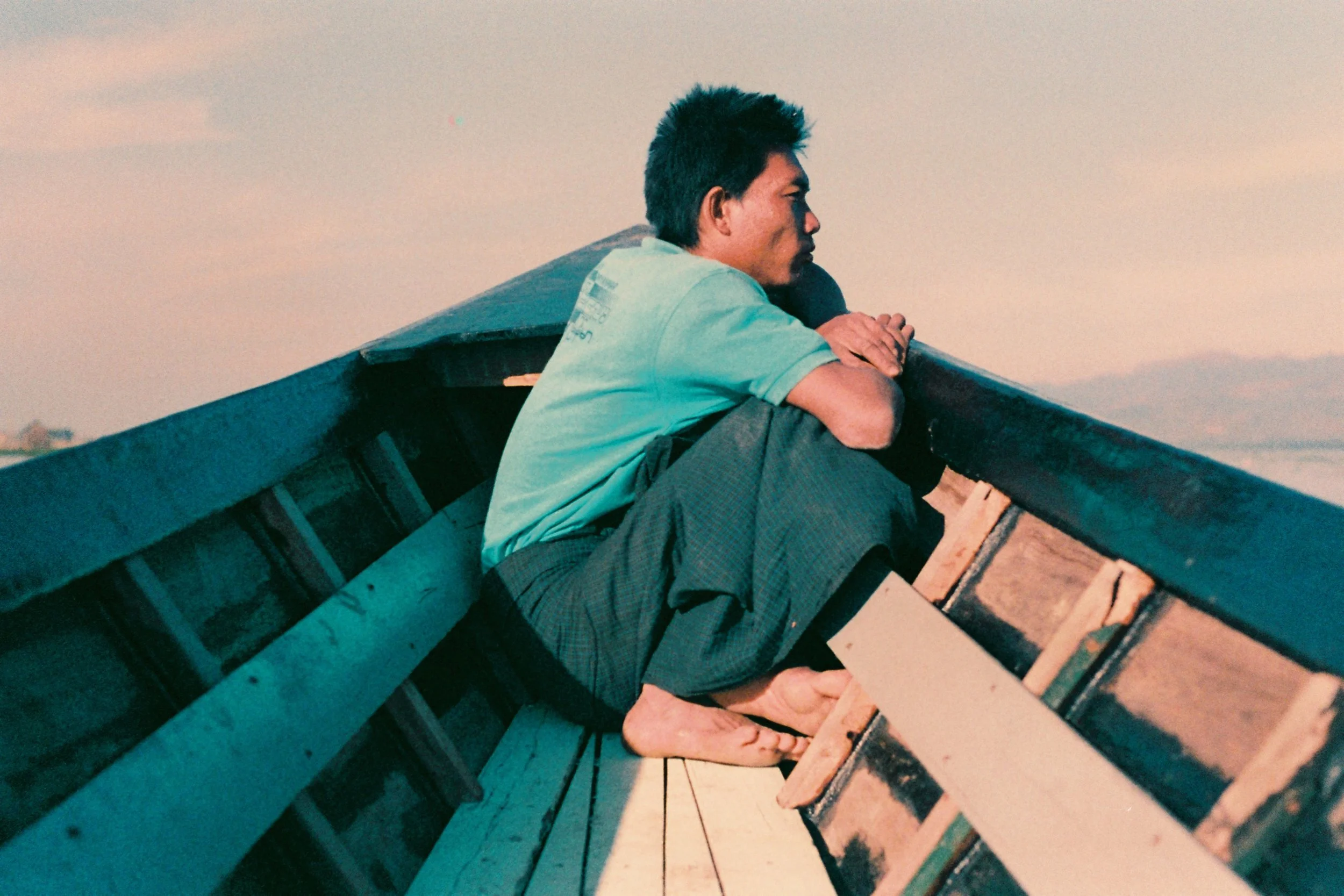The international World Humanitarian Day in August was of special significance for Indonesia this year. We marked a milestone: the transition from a UN-led Humanitarian Country Team (HCT) to the bold, new Indonesian Humanitarian Coordination Platform (IHCP). This platform, co-chaired by local CSOs and UN OCHA, will run in a six-month transition before becoming fully CSO-led. For us, this is a historic moment — perhaps for the world too.
I must be very careful with my words. This is not a "victory" for CSOs over anyone. It is convergence — a point where we have all arrived together. Credit goes to the UN OCHA team in Indonesia. For five months, from April to July, they worked side by side with us — long negotiations, late nights — to build this future. We consulted the government and other stakeholders. This transition is the Grand Bargain, localization, and the Pledge for Change made real.
As someone who has been involved in many of these discussions — I have been part of the Network of Empowered Aid Response as chair of a steering committee, a sherpa in the Grand Bargain, the Pledge for Change, and, more lately, the global work on the "Future of Aid 2040" — I know that what we have done in Indonesia is exactly what the world has been calling for. We fought for local actors to lead. We believed in it, we advocated for it — and now, it is here. The old humanitarian system is faltering. IHCP could be the success story of localization.
The baby is in our hands. And I am terrified.
The struggle to get the power was one kind of difficulty. But now, having the responsibility is a much bigger difficulty. I look at my dear colleagues in the Indonesian CSOs, and they are celebrating this historic moment. But I have a deep fear in my heart. Do we really know how to take care of this new baby? Do we have the food to feed it? I cannot imagine what will happen if a major earthquake or tsunami hits our country in the next few months. The weight of that thought is very heavy.
Here is the heart of my fear. The "transfer of power" felt more like a handshake than a proper handover. We have the leadership position now, but there was no big transfer of resources that came with it. No major plan for capacity strengthening. No strong, formal message to the donors saying, "This is the new system you must support."
This is why I must warn my friends around the world: be very cautious about this so-called "country-level humanitarian coordination transfer," transition, devolution, or anything of the like. If the transition is just a change of names on paper — a symbolic handshake, handing over an empty paper bag, with no real resources — we are creating a dangerous illusion under the guise of power transfer. Some of my colleagues even question the morality of this hands-off transfer of responsibility.
If we create "babies" that are malnourished from the start, we risk these new platforms dying before they can grow. And the real victims will be the communities affected by crises, left with less support than before.
This fear drives me to think five steps ahead. My colleagues are busy with the daily tasks of setting up the new platform, while a two-person junior team at the Indonesian Localisation Lab serves as the interim secretariat. This work is very important. But, as an older hand, I feel my role is different.
I am already writing a funding appeal to support our secretariat for at least one year. I am plotting a five-year development plan to show our vision. I am developing at least ten Standard Operating Procedures (SOPs), so we can be somewhat ready for anything.
Sure, I remember 2018, when Indonesian CSOs responded to the Central Sulawesi Earthquake after the government limited access for international teams. We have done it before, and some of us have even become global CSOs. Sure, the UN gives us reassurances that they will always be there with us. But honestly, I do not believe we have the adequate capacity to respond to a cataclysmic crisis tomorrow, nor do we have a dependable response system to back us up when we need it.
This is not a complaint. It is a reality check. And it is a call for a new kind of partnership.
Our international friends must not think their work is done now that we lead. Their work has changed. We do not ask them to step back, but to step alongside us — from leaders of the pack to partners in the pack.
The birth of the IHCP is a triumph. But it is a terrifying one. Its survival depends on all of us. Local CSOs must learn fast how to parent this baby. Donors and international partners must be good uncles and aunties — lending hands, resources, and encouragement so this baby grows strong, healthy, and ready to serve Indonesia’s people.
It takes a village to build real humanitarian coordination. Invest now — or risk betraying our promises and the people we serve.

